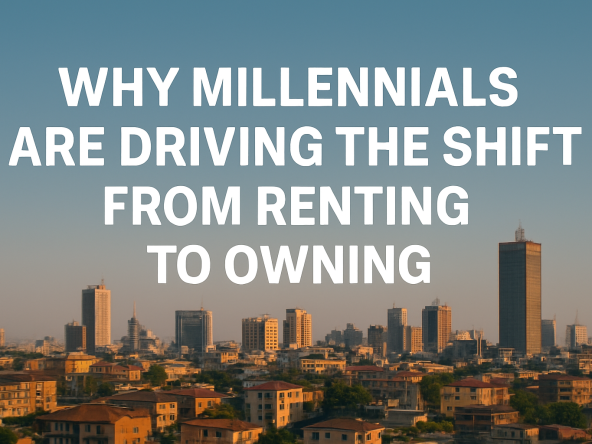The real estate industry has undergone significant transformations over the years, evolving to meet the changing demands of society, advancements in technology, and shifts in economic conditions. As a leading player in the market, Ramos Real Estate has witnessed and adapted to these changes, ensuring that our clients receive the best service and investment opportunities. In this article, we will explore the key phases in the evolution of real estate, highlighting the trends, technological advancements, and future directions.
Early Beginnings: Land as a Resource
Real estate, in its earliest form, was primarily about land ownership. In ancient times, land was a crucial resource, and owning it was synonymous with power and wealth. The concept of property ownership was straightforward, focusing mainly on agricultural uses and basic shelter. Over time, as societies became more complex, the need for structured land ownership and real estate management emerged.
Industrial Revolution: Urbanization and Development
The Industrial Revolution marked a significant turning point in the history of real estate. Rapid urbanization led to the development of cities, and the demand for residential and commercial properties surged. This era saw the construction of large buildings, factories, and housing complexes to accommodate the growing urban population. Real estate agents began to emerge, helping people buy, sell, and rent properties, thus professionalizing the industry.
Technological Advancements: Digital Transformation
The advent of the internet and digital technology revolutionized the real estate industry. Online property listings, virtual tours, and digital marketing became essential tools for agents and buyers alike. changed the way people searched for homes. At Ramos Real Estate, we leveraged these technologies to provide our clients with seamless and efficient property search experiences, making it easier to find their dream homes.
Modern Era: Smart Homes and Sustainable Living
In recent years, the focus has shifted towards smart homes and sustainable living. Properties equipped with smart technologies, such as automated lighting, security systems, and energy-efficient appliances, are becoming increasingly popular. Sustainable real estate practices, including green building certifications and eco-friendly materials, are now in demand. Ramos Real Estate has been at the forefront of this trend, offering properties that cater to modern buyers’ desires for convenience and environmental responsibility.
The Future of Real Estate: Virtual Reality and AI
Looking ahead, the future of real estate promises even more exciting developments. Virtual reality (VR) and augmented reality (AR) are set to transform property viewing, allowing potential buyers to experience homes in a completely immersive way. Artificial intelligence (AI) will further enhance the industry by providing personalized property recommendations, predictive analytics, and efficient customer service through chatbots and virtual assistants.
Conclusion
The evolution of real estate is a testament to the industry’s resilience and adaptability. From simple land ownership to complex smart homes, the journey has been marked by significant milestones and innovations. As we continue to embrace new technologies and sustainable practices, Ramos Real Estate remains committed to providing exceptional service and expertise in the ever-changing landscape of real estate.





